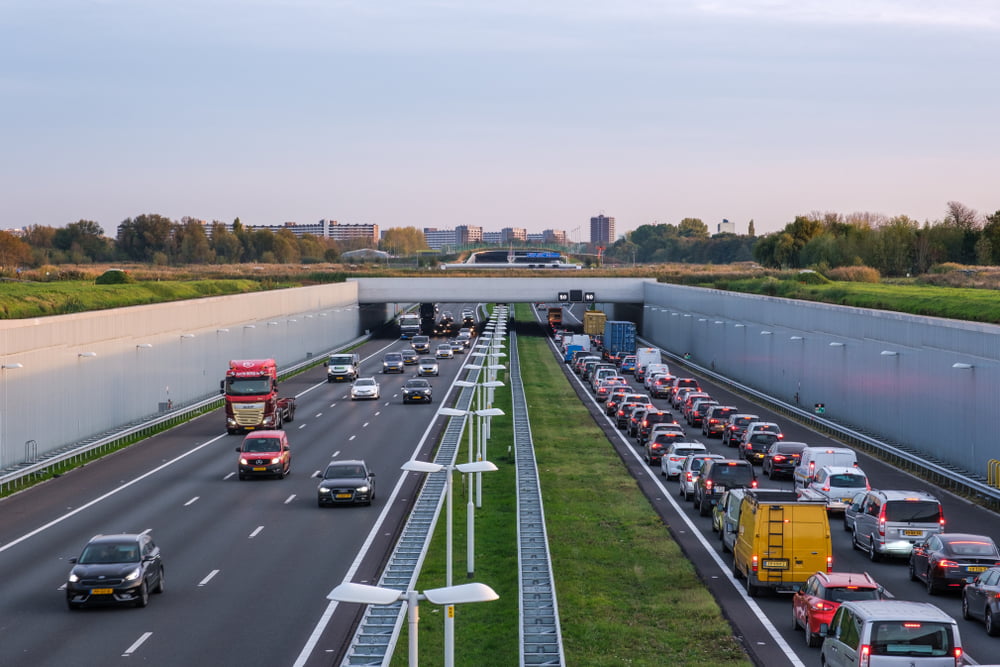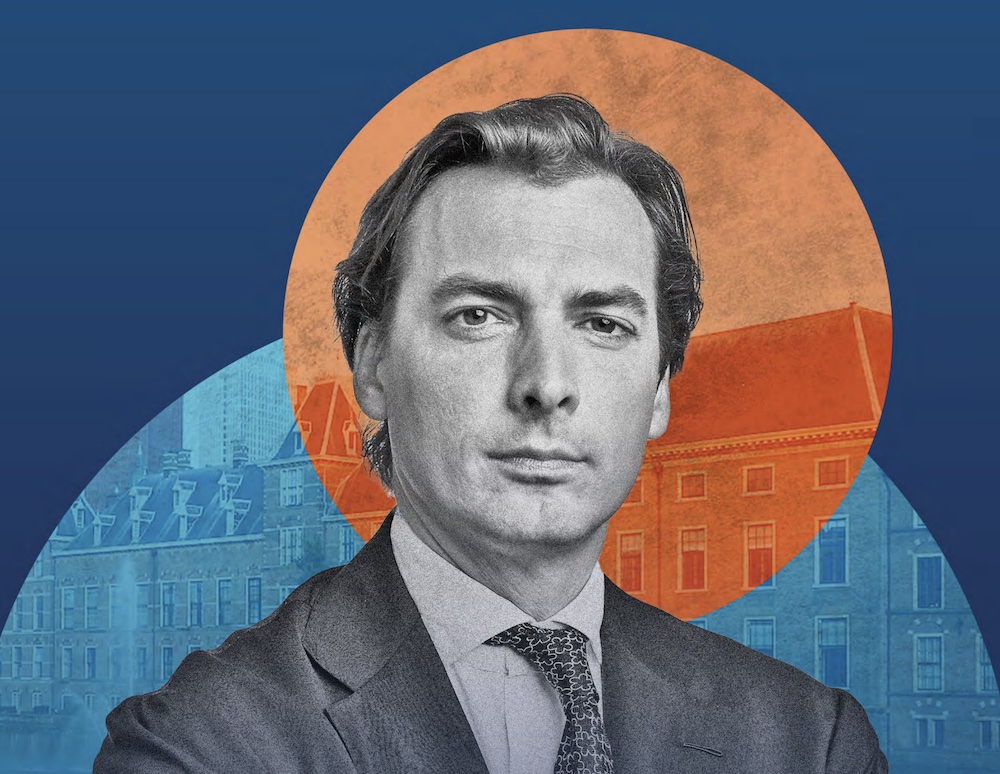The party claims that motorists already pay enough through excise duty and wants to return the so-called 'Kok quarter' to citizens.
At a time when mobility is a hot topic of discussion, Forum for Democracy is scoring high with their extensive and ambitious election programme. They place human freedom to travel as a core value and want to promote this on various fronts. While air traffic and the automotive industry are often seen in a negative light in the light of climate change, the party opts for a different approach: facilitation and innovation.
Forum for Democracy does not do half measures. The party advocates accelerating bureaucratic processes that delay the construction of new roads and wants to realize missing traffic arteries, such as the connection between A8 and A9, as quickly as possible. In the party's vision, the N35 in the eastern Netherlands should be upgraded to a full-fledged A35. They not only focus on the Randstad, but also want to invest in better and wider roads outside this region.
But it doesn't stop at road construction alone. The party wants to build a new airport in the North Sea and abolish taxes on air travel, allowing the Netherlands to become a more accessible hub. Innovation is strongly emphasized: according to their plan, research into hyperloops, high-speed trains and other advanced flight techniques will receive a major boost through subsidies.
Public transport is not forgotten. Despite the fact that the Netherlands has one of the best public transport systems in the world, according to Forum for Democracy, there is room for improvement. The party wants to tackle crowding in trains by using larger and more trains on congested routes. They also want to turn the tide against the current trend of abolition in the area of bus stops, especially in remote areas.

One of the most controversial elements of the party program is the financial side of mobility. Forum for Democracy aims to reduce excise duties and road tax and speaks out firmly against kilometer charges and rush-hour charges in public transport.
The party is also critical of existing structures in the transport sector. They call Eastern European truck drivers who are underpaid by shady constructions and therefore compete unfairly with Dutch transporters. Forum for Democracy advocates stricter enforcement in the field of driver training and minimum language skills.
Another eye-catching measure is the approach to underpaid foreign drivers and sham constructions. Forum for Democracy is committed to stricter enforcement and regulation to create a fairer playing field in the transport sector. This is in line with the party's broader desire to protect the Dutch labor market and economy against what they consider unfair competition and exploitation.
Yet the program is not without controversy. The desire to increase the speed limit according to the German model and abolish section checks will not go down well with some, given concerns about road safety and environmental impact. How these plans will relate to existing climate objectives and traffic standards is a question that still needs to be answered.
All in all Forum for Democracy an extensive and ambitious one program which stands out for its strong emphasis on mobility and innovation. The party wants to literally and figuratively set the Netherlands in motion, but must also be aware of possible pitfalls surrounding sustainability and safety.
Although the election manifesto is broad and ambitious, it also raises questions. How does the party want to finance these plans, and how do they relate to other urgent themes such as climate change, social inequality and the current state of healthcare?
Thierry Baudet
Thierry Baudet, the charismatic and sometimes polarizing leader of Forum for Democracy, is not a man who is easily defined. His philosophical approach and intellectual ambition make him a unique figure in the Dutch political landscape. In line with his outspoken personality, the party's mobility plan can also be called ambitious and striking.
Baudet is known for his love of classical culture and literature, but effortlessly combines this with a passion for modern technological innovations. We find this duality in his party programme. On the one hand, there is the nostalgic desire for freedom and autonomy, as expressed in the plans to promote driving and air travel. On the other hand, there is a futuristic vision that speaks of the interest in hyperloops and high-speed trains.
Baudet's political career has not been without controversy. His opinions on topics such as climate change, immigration and the European Union have often caused a stir. But what no one can deny him is his ability to make complex topics accessible to a wide audience and thereby stimulate important political discussions.
His approach reflects a profound desire to modernize the Netherlands without losing essential values and traditions. This perhaps explains the remarkable mobility plan that, on the one hand, strives for modernity and innovation, while on the other hand it adheres to the traditional idea of freedom of movement and individual choice.
Although Baudet's views divide society, his influence is undeniable. Whether you are for or against his ideas, his impact on the political debate is undeniably great. Regarding the mobility plan, it will be interesting to see how these ideals will relate to the complex challenges the Netherlands faces, including sustainability and social equality.
As the elections approach, Baudet will undoubtedly continue to provoke, inspire and polarize. But one thing is certain: his bold vision on mobility and innovation has undeniably enriched the debate in the Netherlands and will most likely continue to do so.




